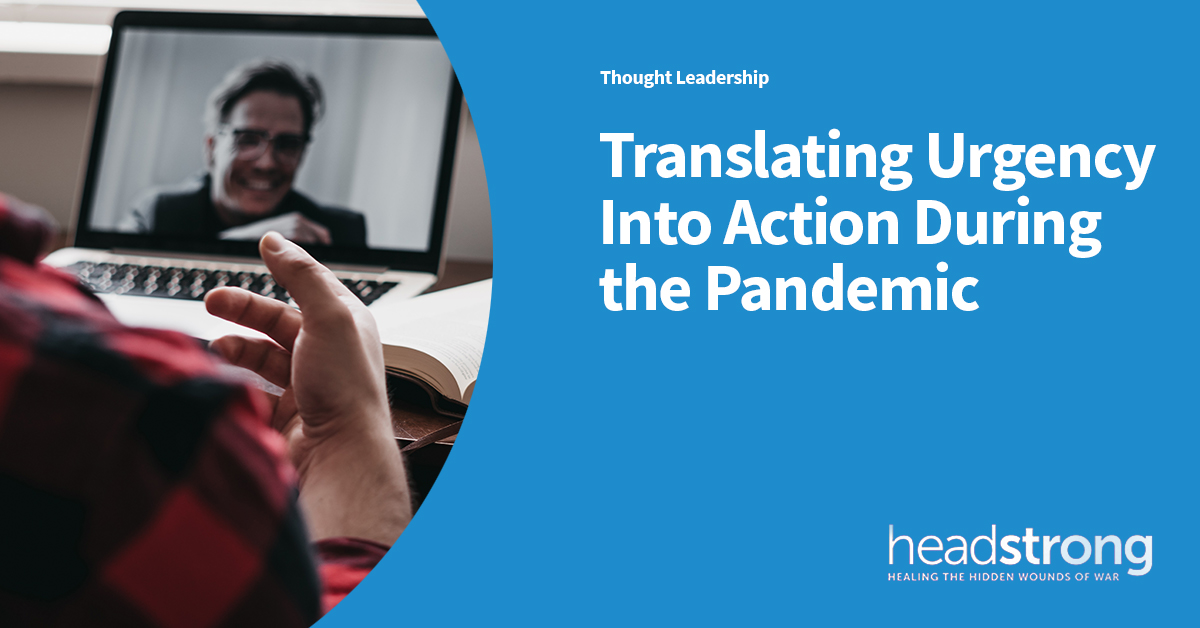 “I was raised on Lake Pontchartrain in Louisiana. I used to swim competitively as a freestyle swimmer and it was really the one sport I gravitated to. I would go to state every year and win lots of competitions, but I lost that drive when I got to high school. Then there came a point when I was 27 years old and realized I was sick of waiting tables and wanted to do something more with my life. I found out about the Navy diver program and knew that’s what I wanted to do. It took me about seven months to get in shape for it, but I put in the work and got into shape. I worked out twice a day every single day, and shifted my focus toward this renewed passion of swimming and service. When I showed up to dive school, they let us know they would weed half of us out, but I was determined to make it to the end. Just as they predicted half the team washed out and we graduated with 16 after starting with 36. After graduation, I ended up getting orders to Hawaii to be a part of a salvage unit. On my first deployment we were tasked with moving coral and were on call for anything that crashed or went down in water. After coming home from that deployment we ended up shipping out again five months later. Between the two deployments we got to travel a lot and experience quite a few countries. However, after two back to back deployments, I was glad to be back in San Diego with my family. While back in San Diego and doing a routine working dive, I lost feeling in my legs and started having a lot of neurological symptoms. I started having vertigo. I was walking crooked and had a ringing and roaring in my right ear. I went to recalibrate and get medical attention in the chamber and that helped momentarily. After getting an MRI, however, the doctor let me know they had found an unruptured brain aneurysm.
“I was raised on Lake Pontchartrain in Louisiana. I used to swim competitively as a freestyle swimmer and it was really the one sport I gravitated to. I would go to state every year and win lots of competitions, but I lost that drive when I got to high school. Then there came a point when I was 27 years old and realized I was sick of waiting tables and wanted to do something more with my life. I found out about the Navy diver program and knew that’s what I wanted to do. It took me about seven months to get in shape for it, but I put in the work and got into shape. I worked out twice a day every single day, and shifted my focus toward this renewed passion of swimming and service. When I showed up to dive school, they let us know they would weed half of us out, but I was determined to make it to the end. Just as they predicted half the team washed out and we graduated with 16 after starting with 36. After graduation, I ended up getting orders to Hawaii to be a part of a salvage unit. On my first deployment we were tasked with moving coral and were on call for anything that crashed or went down in water. After coming home from that deployment we ended up shipping out again five months later. Between the two deployments we got to travel a lot and experience quite a few countries. However, after two back to back deployments, I was glad to be back in San Diego with my family. While back in San Diego and doing a routine working dive, I lost feeling in my legs and started having a lot of neurological symptoms. I started having vertigo. I was walking crooked and had a ringing and roaring in my right ear. I went to recalibrate and get medical attention in the chamber and that helped momentarily. After getting an MRI, however, the doctor let me know they had found an unruptured brain aneurysm.
 Due to the location and type of aneurysm, the treatment procedure put me at risk of being quadriplegic. Apparently, it was a preexisting issue that had been with me for years so I was lucky nothing had happened before. This was a huge blow because I had wanted to retire in the military, but I knew what this meant for my future going forward. I’m still in the middle of the medical board process but I still show up and help my team in any way I can while I’m still here. The toughest part about all of it was that it occurred right before my wife had a miscarriage so I’m processing this new reality and dealing with a lot of personal stuff at the same time. I went through a really dark period for a while, but I’m a lot better now. It’s been difficult but going through therapy has been a huge key to my recovery. My therapist Naomi is awesome. She’s prior Coast Guard so I feel like she understands a lot of the stuff I’m talking about on a deeper level. That’s why Headstrong is so important to me. I sit with my therapist every week and even if we don’t talk about aneurysms or diving, it’s nice to have someone there I can share with. It’s unquantifiable how important that is to me. I started swimming again too because that connection to the water was important to me. Now I swim with the thought process that I’m not only doing it for my physical health, I’m doing this for my mental health as well. I meditate while I’m in the water and just push everything out so I can concentrate on my breathing and my strokes. It’s like I’m swimming with a renewed purpose again.”
Due to the location and type of aneurysm, the treatment procedure put me at risk of being quadriplegic. Apparently, it was a preexisting issue that had been with me for years so I was lucky nothing had happened before. This was a huge blow because I had wanted to retire in the military, but I knew what this meant for my future going forward. I’m still in the middle of the medical board process but I still show up and help my team in any way I can while I’m still here. The toughest part about all of it was that it occurred right before my wife had a miscarriage so I’m processing this new reality and dealing with a lot of personal stuff at the same time. I went through a really dark period for a while, but I’m a lot better now. It’s been difficult but going through therapy has been a huge key to my recovery. My therapist Naomi is awesome. She’s prior Coast Guard so I feel like she understands a lot of the stuff I’m talking about on a deeper level. That’s why Headstrong is so important to me. I sit with my therapist every week and even if we don’t talk about aneurysms or diving, it’s nice to have someone there I can share with. It’s unquantifiable how important that is to me. I started swimming again too because that connection to the water was important to me. Now I swim with the thought process that I’m not only doing it for my physical health, I’m doing this for my mental health as well. I meditate while I’m in the water and just push everything out so I can concentrate on my breathing and my strokes. It’s like I’m swimming with a renewed purpose again.”


